Since the programme for proms was unveiled, a lot of press coverage has focused on the inclusion of an Ibiza-style clubbing night. The idea of dance music at one of the world’s best-known classical music festivals might come as quite a surprise to some, but if you look at the history of the Proms, you’ll see that there have been several occasions when concerts and performers have broken with traditional expectations to do things a little differently.
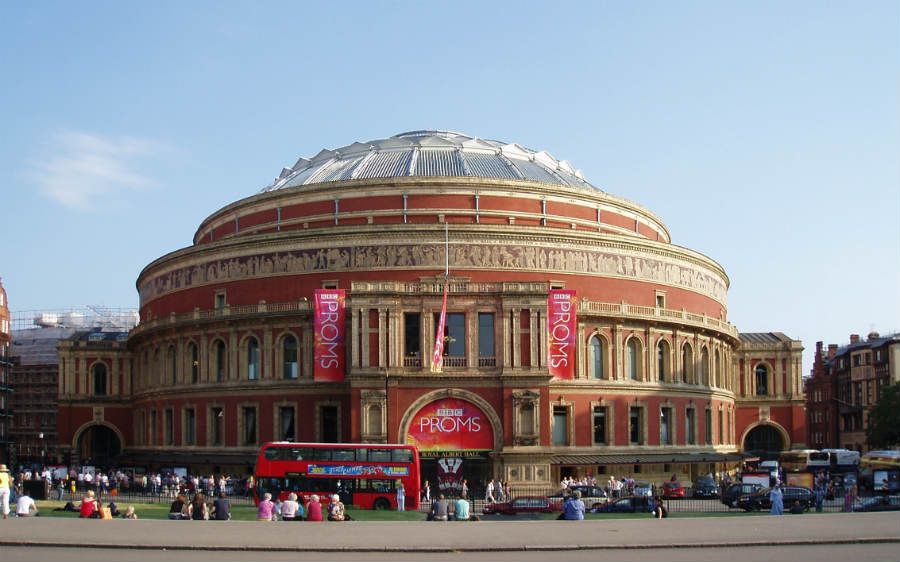
The aim of the Proms has always been to expand the appeal of music to broader sections of the population, and various genres of pop music have been included in programmes over the years. Proms concerts have also provided their fair share of unexpected moments where performers have broken with the norm, whether to prove a point or draw attention to important contemporary problems in the world.
Here are some examples of concerts that for one reason or another stand out from the typical prom that a lot of people would expect.
First rock band at the proms
In 1970, Soft Machine became the first rock band to play at the Proms, and their set went on to be released as a live album. The decision was considered positive by the vast majority, with some journalists pointing out that it showed how the Proms was getting back to its Victorian roots by offering something for everyone. Not everyone was impressed, however. As one put out writer grumbled in the Music Review, “I should like to know on what premises I an expected to take seriously a small group of musicians whose range of tone does not exist and whose scale of dynamics is no more than an unvarying FFF.”
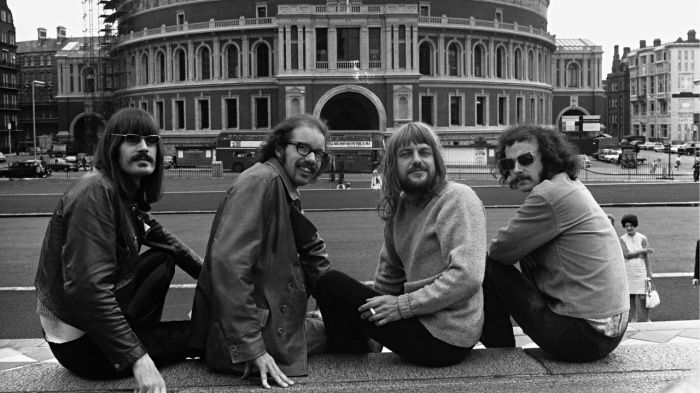
First orchestral performance played from memory
The programme for prom no 41 last year didn’t look too out of the ordinary, but it was how the musicians were playing Mozart’s symphony no 40 that was unusual. The Aurora Orchestra, led by Nicolas Collin, left their scores behind and performed the famous work entirely from memory. It was reportedly the first concert of its kind in proms history. Following this, the orchestra was joined by a choir for the premier of Meld, a work by the composer Benedict Mason. The 45-minute piece was also performed from memory and received very favourable reviews.
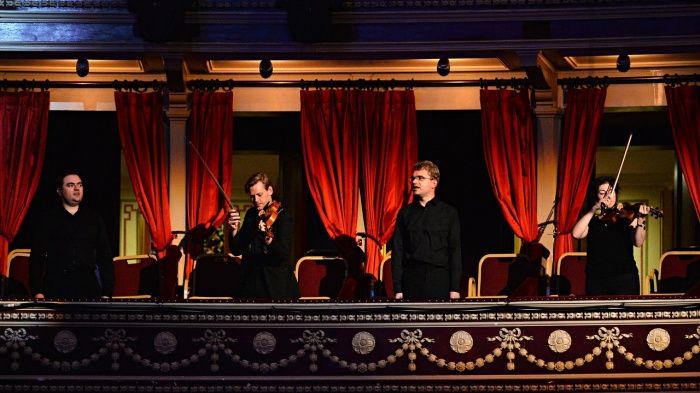
The composer who didn’t exist
At the 1929 Proms, Henry Wood, who conducted the first Proms concert in 1894, conducted J.S. Bach’s toccata and Fugue in D minor. The piece had been orchestrated by Mr. Paul Klenovsky. It only emerged five years later that Klenovsky had been an invention of Wood, who had wanted to conceal his identity due to the criticism his previous arrangements had received. By choosing a foreign-sounding name, Wood wanted to draw attention to what he perceived to be a preference for foreign composers.
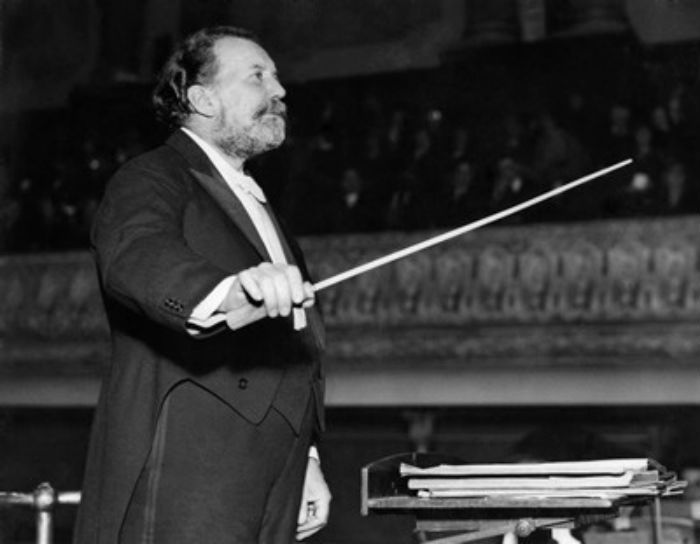
The centenary of John Cage’s birth
To mark the hundredth anniversary of the birth of John Cage, the 2012 Proms put on a Cage night. This included the exhibition of some of the more odd instruments he used during his career. A 20-minute piece he wrote exclusively for cactuses was played at the Royal Albert Hall as part of the show.
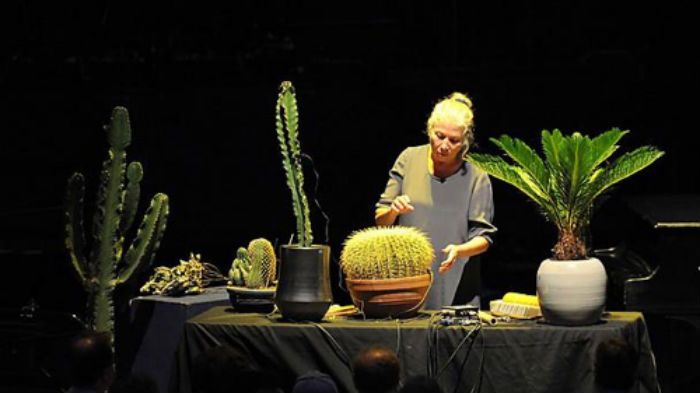
Middle Eastern musicians at the Proms
A unique concert took place at the 2003 Proms, involving amateur and professional musicians from Israel, Lebanon, Egypt, Syria and the Occupied Territories in the Middle East. Chosen by the world-renowned pianist and conductor Daniel Barenboim, and Palestinian academic and cultural critic Edward Said, the orchestra was supposed to symbolise the ability of music to unite people across ethnic and religious conflicts. The Daily Telegraph reported at the time that to demonstrate their commitment to viewing all members as equal, none of their names were displayed in the concert programme or in the dressing rooms at the event. The West-Eastern Divan Orchestra included 80 musicians aged between 15 and 25. The orchestra, conducted by Barenboim, also performed the complete Beethoven symphonic cycle at The Proms in July 2012 – the first time all nine symphonies were performed under a single conductor in a single Prom season since Henry Wood did so in 1942.
